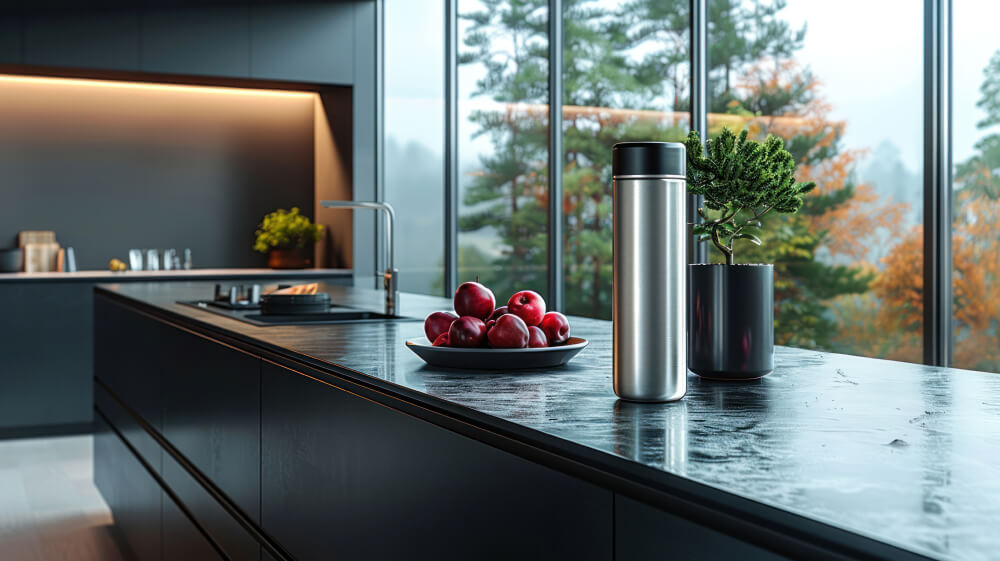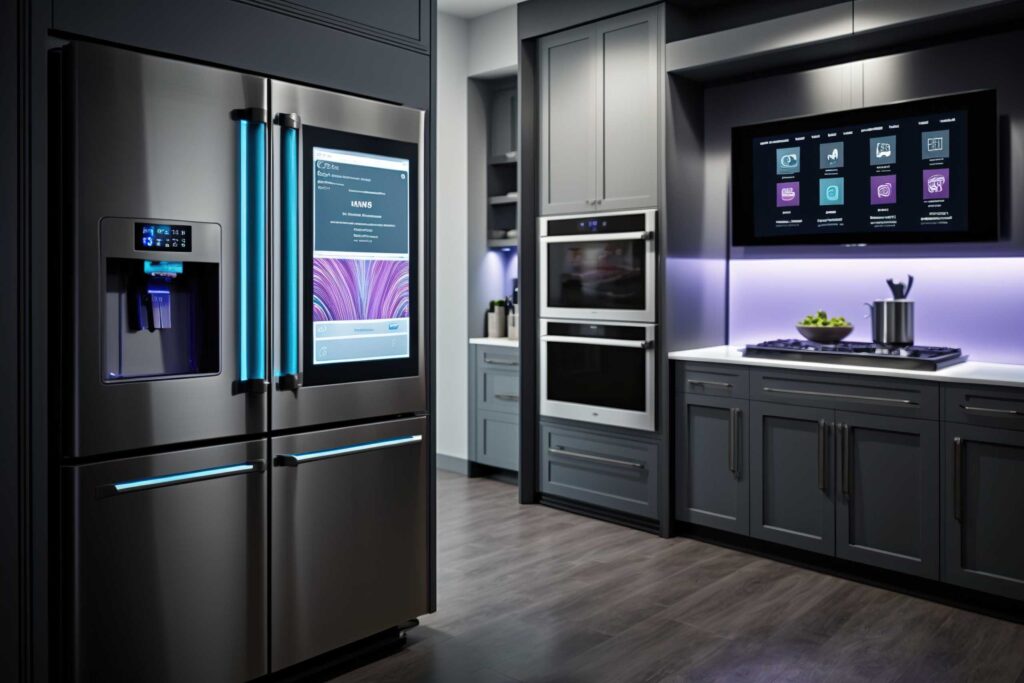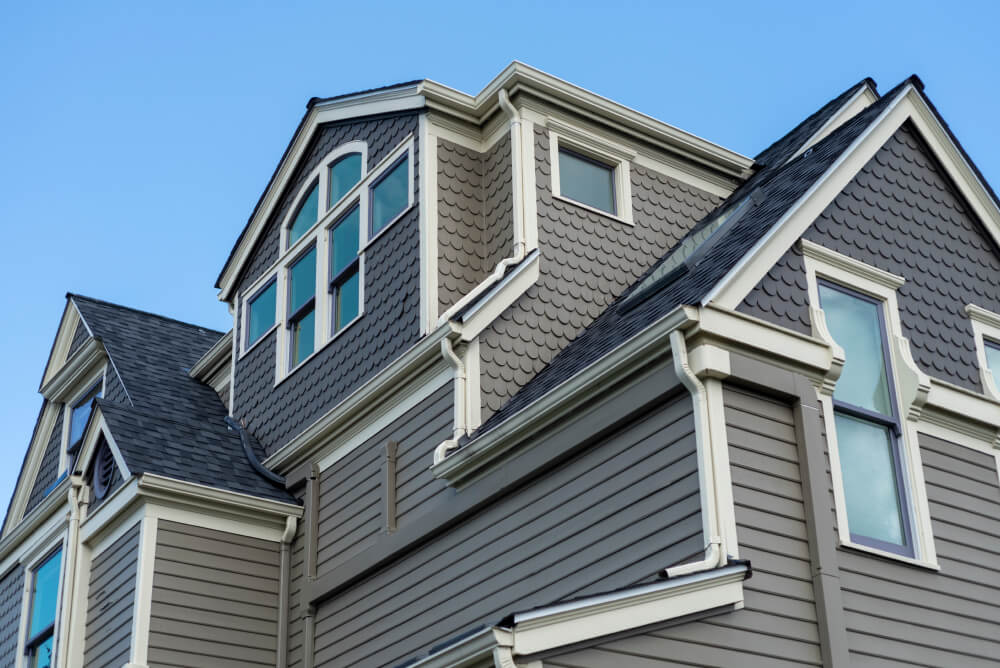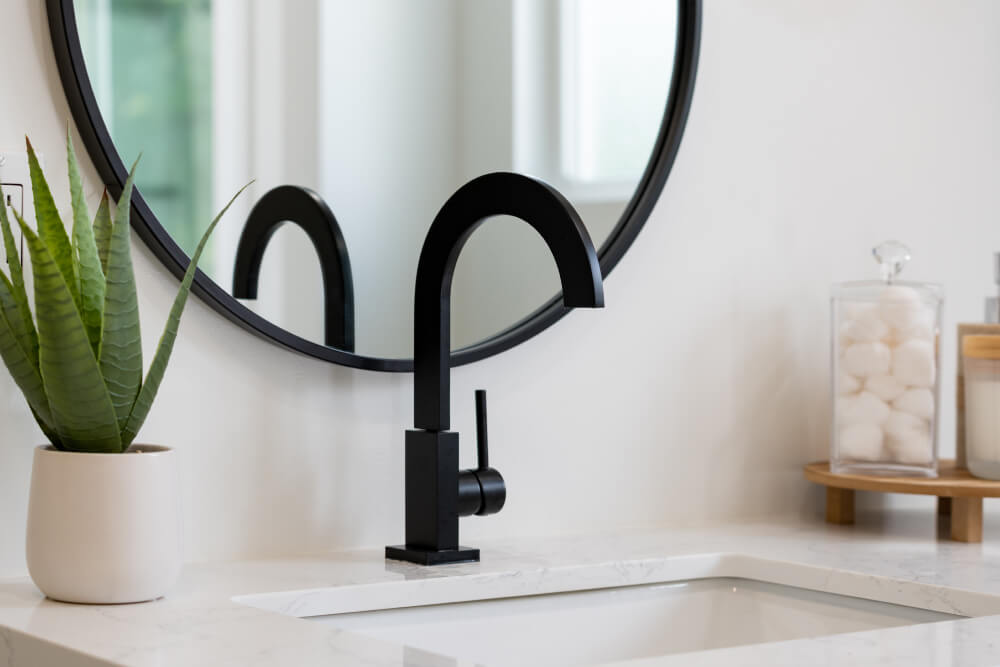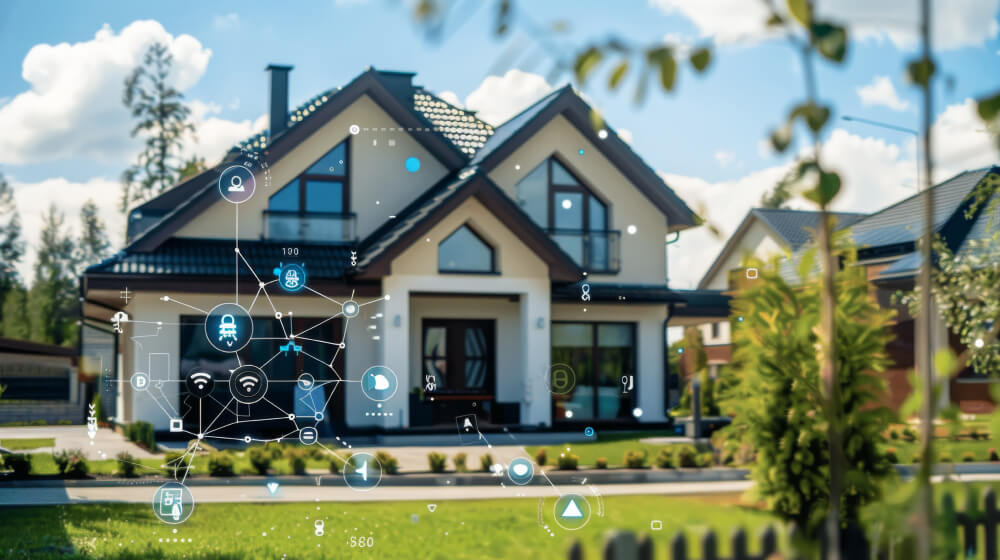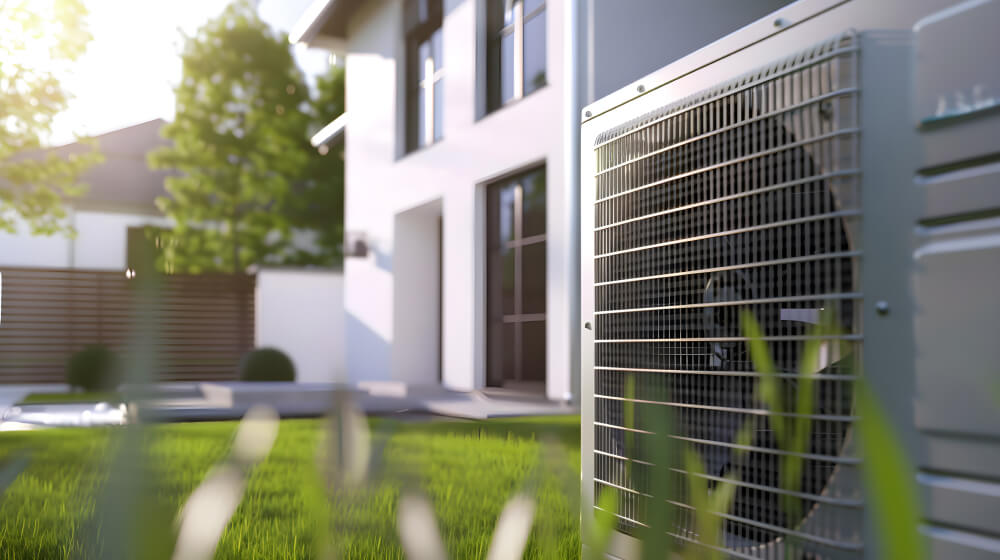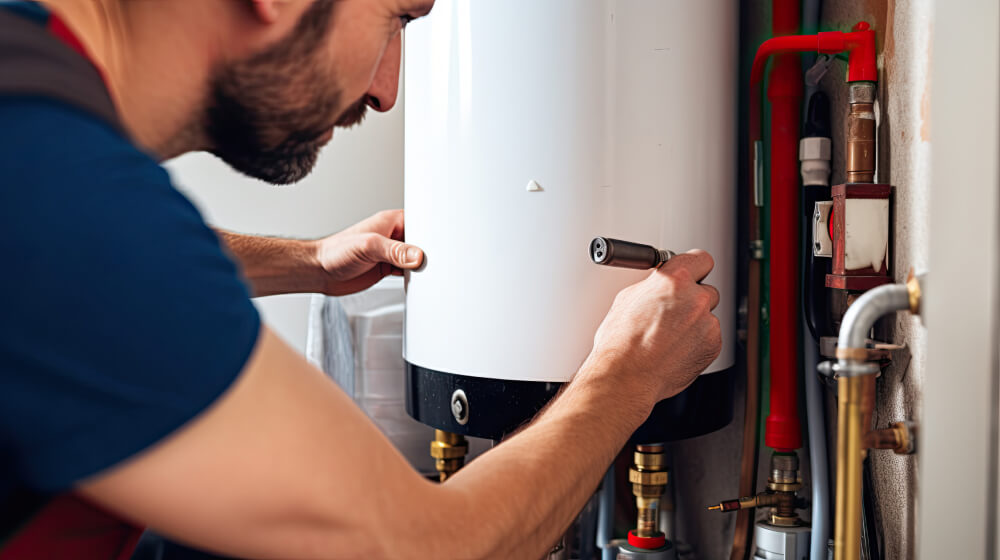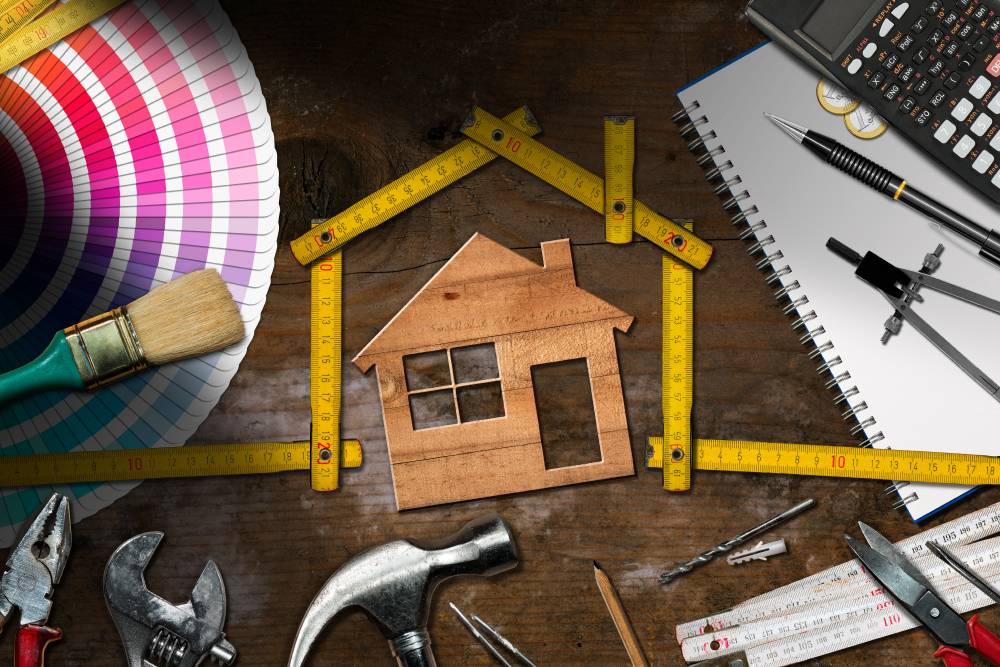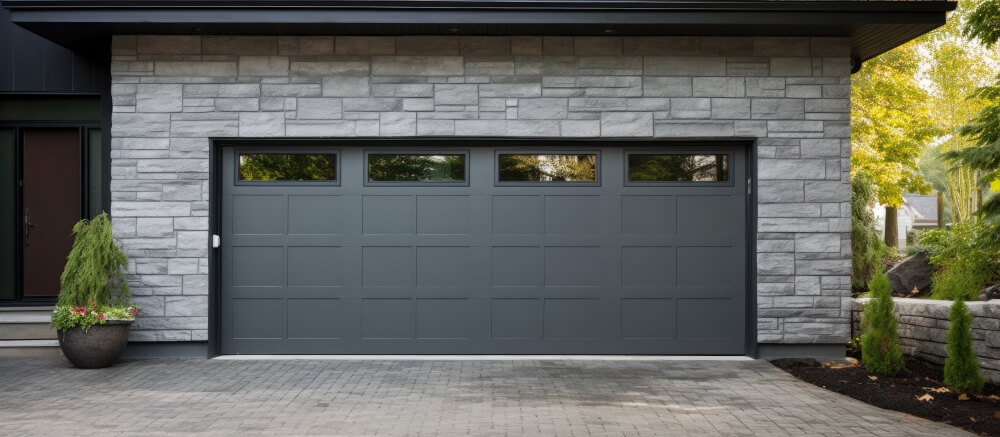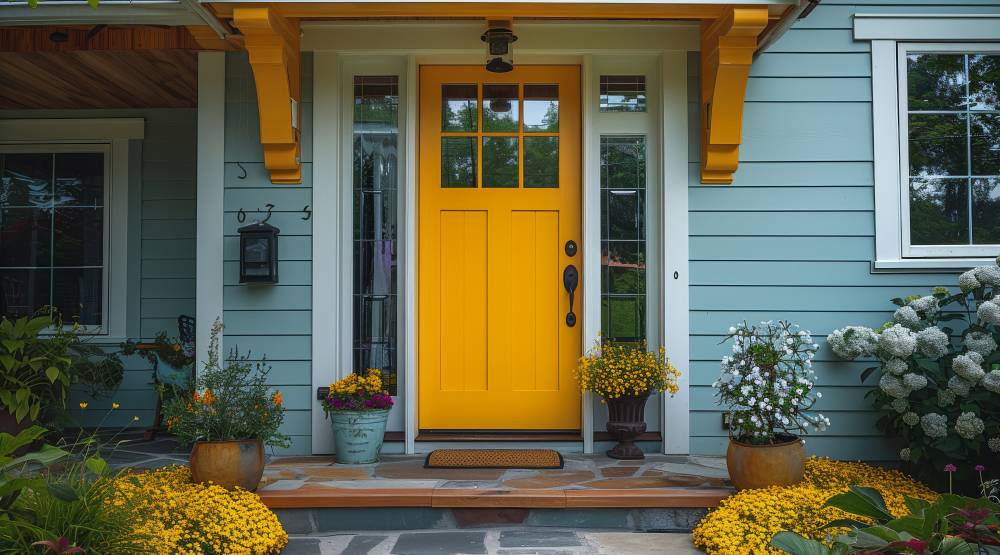1. DIY Home Security Systems
Overview DIY home security systems are designed for easy installation and customization. These systems often come with pre-configured equipment that you can set up yourself without professional assistance.
Key Features
- Ease of Installation: No need for professional installation; setup can be completed by the homeowner.
- Customizable: Add or remove components as needed to tailor the system to your home.
- Cost-Effective: Lower upfront costs and no installation fees.
Pros
- Flexibility: Easily expand or modify the system.
- Affordability: Generally less expensive than professionally installed systems.
- No Contracts: Many DIY systems do not require long-term contracts.
Cons
- Limited Professional Support: You may need to troubleshoot and resolve issues on your own.
- Basic Features: Some DIY systems may lack advanced features found in professionally monitored systems.
Top Picks
- SimpliSafe
- Ring Alarm
Join HICP Homeowner’s Alliance
Connect with experts, get special discounts and enjoy member benefits
2. Professionally Installed Home Security Systems
Overview Professionally installed home security systems offer a comprehensive and tailored approach to home security. These systems are set up by trained technicians who ensure that all components are correctly installed and functioning.
Key Features
- Expert Installation: Professional technicians handle the installation process.
- Comprehensive Coverage: Includes a wide range of sensors, cameras, and monitoring options.
- Advanced Technology: Often includes cutting-edge features like home automation integration and environmental monitoring.
Pros
- Reliability: Professional installation ensures that the system is set up correctly.
- Comprehensive Support: Access to professional customer support and maintenance.
- Advanced Features: Typically offers more advanced features and integration options.
Cons
- Higher Cost: More expensive upfront and may include installation fees.
- Contracts: Often requires long-term contracts and monthly monitoring fees.
Top Picks
- ADT
- Vivint
3. Monitored vs. Unmonitored Systems
Monitored Systems
- Professional Monitoring: 24/7 monitoring by a professional security company that can alert authorities in case of an emergency.
- Emergency Response: Quick response to alarms and potential threats.
- Peace of Mind: Provides a higher level of security and peace of mind.
Pros
- Continuous Monitoring: Always have someone monitoring your home.
- Automatic Alerts: Immediate alerts to emergency services if an alarm is triggered.
- Enhanced Security: Often includes additional services like fire and carbon monoxide monitoring.
Cons
- Monthly Fees: Requires a subscription for monitoring services.
- Contract Commitments: May require long-term contracts.
Top Picks
- Frontpoint
- Brinks Home Security
Unmonitored Systems
- Self-Monitoring: Homeowners receive alerts directly and must contact authorities themselves if necessary.
- No Monthly Fees: No ongoing costs for monitoring services.
- DIY Approach: Often DIY systems that are easy to set up and manage.
Pros
- Cost Savings: No monthly monitoring fees.
- Control: Homeowners have full control over their security system.
- Customization: Easily customizable to fit your specific needs.
Cons
- Responsibility: Homeowners are responsible for contacting authorities in an emergency.
- Delayed Response: Potential delays in emergency response compared to professionally monitored systems.
Top Picks
- Abode
- Blue by ADT
4. Wired vs. Wireless Systems
Wired Systems
- Permanent Installation: Wired systems are hardwired into your home’s electrical and communication systems.
- Reliability: Generally more reliable with a consistent connection and less susceptibility to interference.
- Professional Installation: Typically requires professional installation.
Pros
- Stable Connection: Reliable and stable connection with minimal interference.
- No Battery Issues: No need to worry about battery replacements for sensors and cameras.
Cons
- Installation Complexity: Requires professional installation and may involve drilling and running wires.
- Less Flexibility: More difficult to move or expand the system.
Top Picks
- Honeywell
- DSC
Wireless Systems
- Easy Installation: Wireless systems are easy to install and often DIY-friendly.
- Flexibility: Easy to move and expand the system as needed.
- Battery-Powered: Components are usually battery-powered and communicate wirelessly.
Pros
- Convenience: Simple installation without the need for professional help.
- Flexibility: Easily customizable and expandable.
- No Wiring: No need to run wires through walls.
Cons
- Battery Maintenance: Requires regular battery replacements.
- Potential Interference: Susceptible to interference from other wireless devices.
Top Picks
- Arlo
- Canary
Conclusion
Choosing the right home security system depends on your specific needs, budget, and preferences. DIY systems offer affordability and flexibility, while professionally installed systems provide reliability and comprehensive support. Monitored systems offer continuous protection and peace of mind, whereas unmonitored systems save on monthly fees but require self-monitoring. Wired systems provide stability and reliability, while wireless systems offer convenience and flexibility.
By understanding the pros, cons, and costs associated with each type of home security system, you can make an informed decision that ensures the safety and security of your home and loved ones. Consider your unique requirements and explore the top picks in each category to find the best fit for your home.






